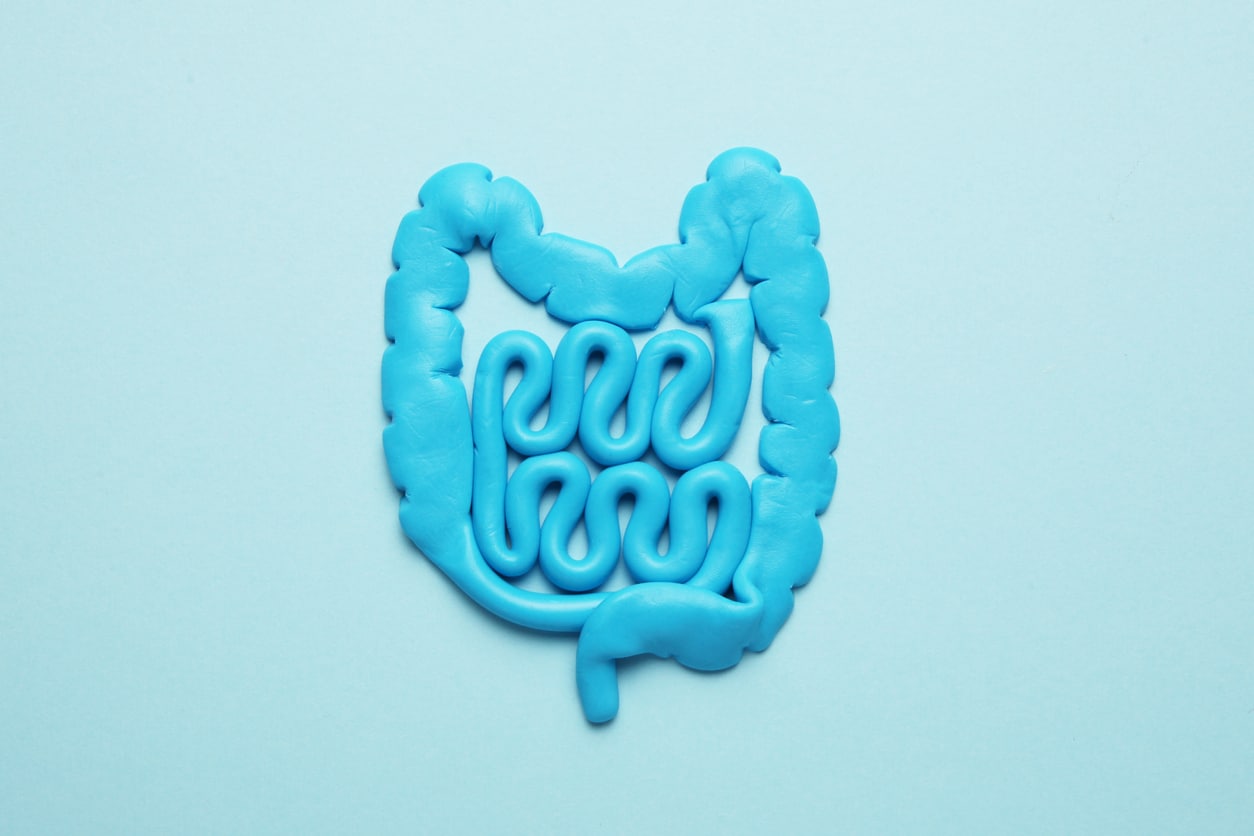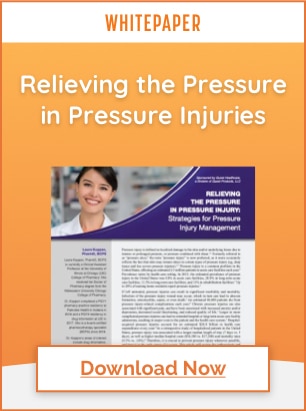
Bowel Care Issues Related to Multiple Sclerosis
Constipation is the most commonly reported gastrointestinal complaint from Multiple Sclerosis (“MS”) patients, occurring in about 35% of people affected with the disease. Incontinence is the second most reported bowel complaint, with approximately 25% of patients reporting at least one episode of incontinence per week.
Common causes of constipation in MS patients include reduced and/or limited physical activity, poor dietary habits, decreased movement of food through the intestinal tract, weakened abdominal muscles (making the act of passing a bowel movement difficult), relaxing of pelvic floor muscles, malfunctioning signals from the bowel to the brain, and reduced fluid intake (in an attempt to control/avoid bladder problems).
Medications (both prescribed and OTC) can also increase risk for constipation, such as antidepressants, anti-spasticity medications, overactive bladder medications, painkillers, and high blood pressure medications.
Symptoms of Constipation and Fecal Incontinence
Symptoms of constipation include bloating and pain in the lower abdomen, needing to strain to pass a bowel movement, less frequent bowel movements (typically fewer than three bowel movements per week), hard, dry, or small feces, and a incomplete evacuation of the bowel.
MS patients are also more prone to fecal incontinence due to weakening of the pelvic floor muscles and/or reduced control over the muscles of the pelvic floor. Symptoms can range from small leakage of stool and/or gas to the total inability to control bowel movements.
Lifestyle Changes to Promote Regular Bowel Movements
It is important to establish a regular bowel management program for MS patients to improve quality of life and prevent further medical complications from constipation or incontinence. A proper bowel management program includes the following:
Bowel Routine: Establish a predictable time for bowel movements to train the bowel, prevent accidents, soften stool, decrease spasticity, and interruption of bladder function (from stool buildup in the rectum). First thing in the morning or half an hour after a small meal are ideal.
Proper Fluid Intake: Ideally 8-12 cups of non-caffeinated fluid daily to moisten stool and make them easier to pass. Reduce or eliminate diuretics such as alcohol and caffeine.
Physical Activity: appropriate physical activity (based on level of physical impairment) to promote peristalsis.
Fiber Intake: Ensure proper consumption of fiber from whole grains, fruits, nuts, seeds, and legumes. Avoidance/reduction of foods that can exacerbate constipation such as dairy and red meat.
Positioning: ensure proper positioning during defection (squatting is the most desirable position).
Bowel Elimination Assessment for MS Patients
Medical assessment of an MS patient with constipation should begin with a review of lifestyle and medications that may be contributing to the problem. Any bladder control problems should also be reviewed and treated.
As a next step, any lifestyle changes (as recommended above) need to be implemented. If these do not improve or alleviate constipation, constipation medications such as stool softeners, mild oral laxatives, suppositories, enemas, and mini enemas should be considered. Long-term use of laxatives is not recommended unless directed by a physician. If the above remedies are ineffective and constipation persists, a referral to a gastroenterologist is recommended.
Enemeez® & DocuSol®
Constipation is the most common gastrointestinal complaint in the United States. An estimated 42 million individuals have bowel issues or constipation. The docusate sodium Enemeez® and DocuSol® mini-enema have been used by patients and healthcare facilities for over 17 years.
The Enemeez® and DocuSol® mini enema delivers 283mg of docusate sodium and functions as a stool softener hyper-osmotic laxative by drawing water into the bowel from surrounding body tissues, softening the stool and promoting a bowel movement, usually within 2-15 minutes.
Enemeez® Plus and DocuSol® Plus both contain an additional 20mg of benzocaine, assisting in the anesthetization of the rectum and lower bowel. The formulation was developed for patients who experience hemorrhoids, fissures, or painful bowel movements.
No waiting overnight. Help your patient get on with their lives!
Disclaimer: The material contained is for reference purposes only. Alliance Labs, LLC and Summit Pharmaceuticals do not assume responsibility for patient care. Consult a physician prior to use. Copyright 2020 Summit Pharmaceuticals and Alliance Labs, LLC.
Sources:
-
- ‘Highlights of Symptoms – Bowel Management in MS’ by Aliza Ben-Zacharia, DNP, ANP, MSCN
- ‘Bowel Problems: The Basic Facts, Multiple Sclerosis’ by Nancy J. Holland, RN, EdD, and Robin Frames
- ‘Bowel Management in Multiple Sclerosis’ by Nancy J. Holland, RN, EdD and Patricia Kennedy, RN, CNP, MSCN
- https://mymsaa.org/ms-information/symptoms/bowel-problems/
- https://msfocus.org/Magazine/Magazine-Items/Posted/Tips-for-Managing-Constipation-with-MS




![[Live Webinar] Neurogenic Bowel Dysfunction in Multiple Sclerosis](https://www.questhealthcare.net/wp-content/uploads/2025/02/325-Quest-Healthcare-Speaker-Session-1-500x383.png)


